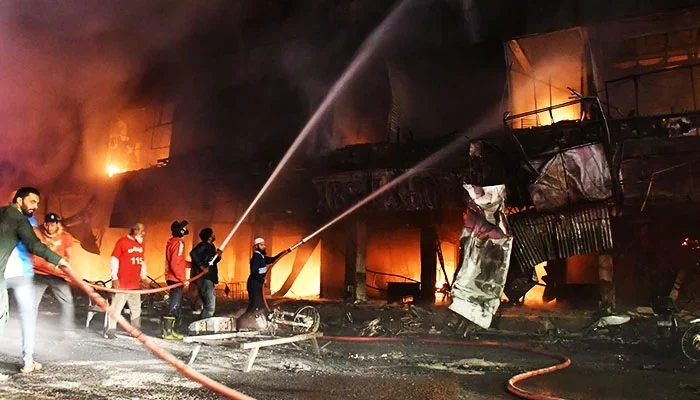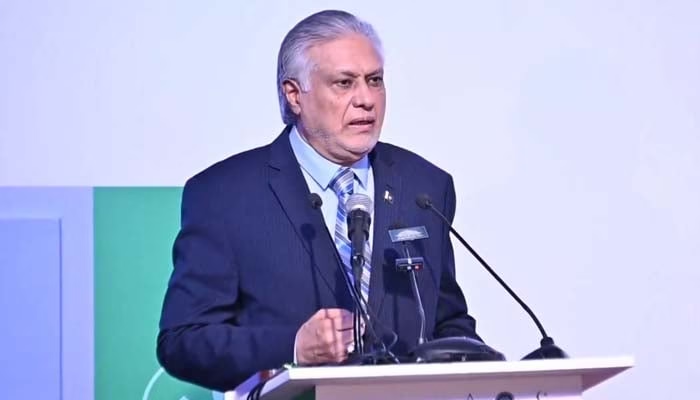The Khyber Pakhtunkhwa (KP) Provincial Cabinet recently approved the Police Amendment Act 2024, and it is expected to be presented to the House for final approval in the coming days. According to a draft of the bill obtained by Geo News, this amendment aims to enhance police efficiency, ensure public safety, and introduce robust mechanisms for addressing public grievances. Here is a detailed look at the proposed changes and their potential impact on the police force and the public in KP.
Enhancing Police Accountability
One of the major highlights of the Police Amendment Act 2024 is the focus on improving police accountability. The bill introduces a formal mechanism for addressing public complaints, ensuring that grievances related to police misconduct or failure in duty are handled efficiently. According to the text, any citizen who has a complaint against a police officer can now have their complaint officially recorded. If a complaint is found to be non-recordable, the complainant must be informed of the reason, which adds a layer of transparency to the process.
This new grievance mechanism aims to address a variety of complaints against police officers. Non-filing of FIRs (First Information Reports), failure to respond to calls for assistance, misuse of force, and inappropriate language or behavior by police officials will all be subject to scrutiny. Such issues, which often go unnoticed or unresolved, will now be actionable under the law. This change is expected to encourage the public to report police misconduct without fear of being ignored.
The act also focuses on the legal and moral responsibilities of police officers. If officers fail to uphold their duties, this will be considered grounds for filing a formal complaint. For example, if a person dies or sustains grievous injuries in police custody, an investigation will be mandatory. Similarly, police officers involved in traffic accidents that result in death or injury will face an independent inquiry, ensuring that they are held accountable for their actions both on and off duty.
Changes to Transfer and Posting Powers
A significant change introduced by the amendment is the reassignment of authority for the transfer and posting of senior police officers. According to the new law, the powers to transfer or post District Police Officers (DPOs), Deputy Inspectors General (DIGs), and Additional Inspectors General (AIGs) will no longer lie with the Inspector General (IG) of Police, as was previously the case. Instead, these powers have been transferred to the Chief Minister of Khyber Pakhtunkhwa.
This shift in authority marks a major change in the administrative structure of the police force. Critics argue that it could potentially politicize police appointments, as the Chief Minister now holds the authority to influence senior postings. On the other hand, proponents of the bill argue that this change will allow for greater oversight by the provincial government, ensuring that top police officials are held accountable to public representatives.
Replacement of the Public Safety Commission
Another critical amendment is the dissolution of the Public Safety Commission, which was originally established to oversee police operations and ensure accountability. In its place, the Police Complaints Authority will be established. Members of this new authority will be appointed by the Chief Minister, centralizing control over police oversight mechanisms within the provincial government.
The Public Safety Commission had previously included representatives from both the police and the public, but this structure will now be replaced by a more government-centric body. The decision to dissolve the Public Safety Commission and introduce the Police Complaints Authority has raised concerns about the potential for decreased public involvement in police oversight.
Removal of District Nazims and District Assemblies
The amendment also removes the roles of District Nazims and District Assemblies from the Police Act. This is in line with the removal of these positions from the Local Government Act. Previously, these local government bodies played a role in overseeing police operations at the district level, acting as intermediaries between the public and law enforcement agencies. Their removal signifies a shift towards a more centralized police structure, with less influence from local elected officials.
Opposition and Concerns
While the KP government is moving forward with the amendments, there has been notable opposition from within the police department and administrative circles. Sources have revealed that both the Chief Secretary of KP and the Inspector General of Police have expressed concerns over the amendments. Their primary objection centers around the transfer of authority over senior police appointments from the IG to the Chief Minister, arguing that this could undermine the independence of the police force.
These concerns highlight the potential for political interference in police affairs, a fear echoed by civil society and opposition politicians. The new amendments could lead to situations where senior police officers are more beholden to the provincial government than to the police chain of command, potentially affecting the impartiality and effectiveness of law enforcement.
A Balancing Act for Public Safety and Oversight
The Khyber Pakhtunkhwa Police Amendment Act 2024 introduces several key reforms aimed at enhancing police accountability and public safety. By introducing a formal grievance redressal mechanism and expanding the scope of complaints against police officers, the bill has the potential to improve public trust in law enforcement. However, the centralization of power within the provincial government and the removal of independent oversight bodies have raised concerns about the potential politicization of the police force.
As the bill moves to the House for approval, it is clear that these amendments represent a significant shift in the way law enforcement is structured and operated in Khyber Pakhtunkhwa. Whether these changes will lead to improved police performance and public safety, or create new challenges, remains to be seen.



